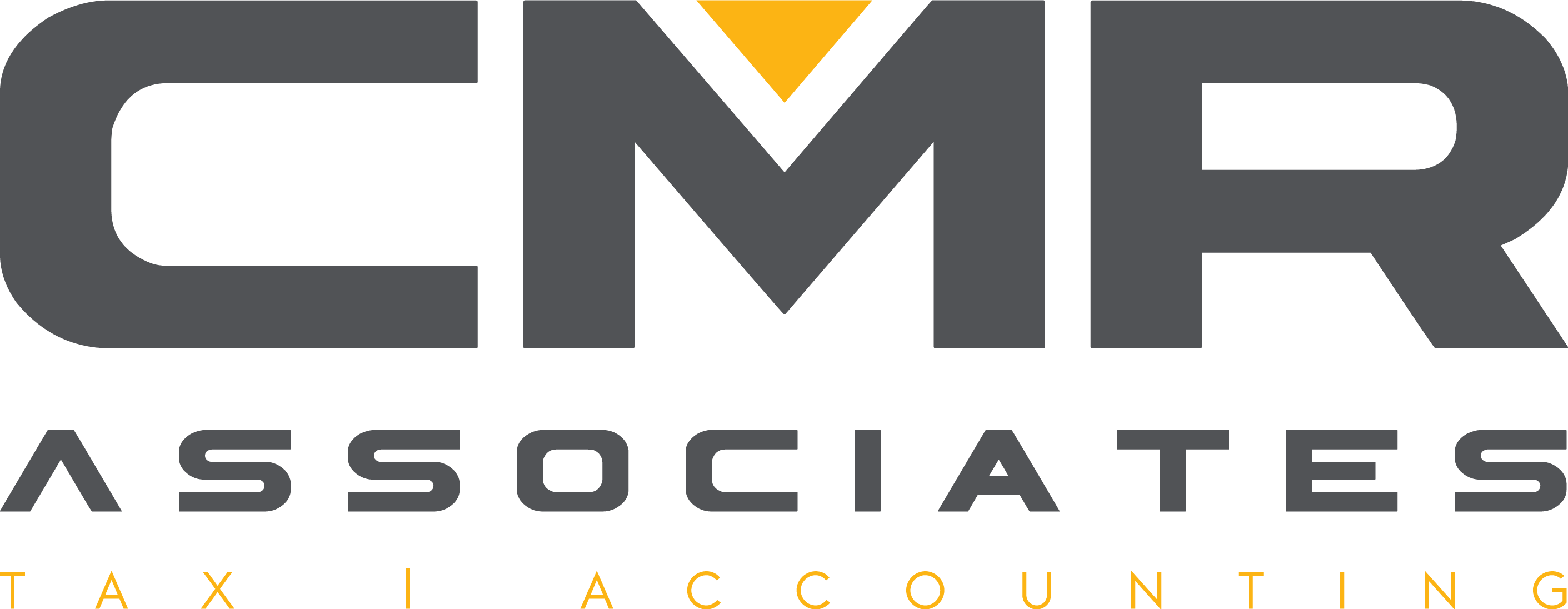Nonqualified stock options demand tax planning attention
Your compensation may take several forms, including salary, fringe benefits and bonuses. If you work for a corporation, you might also receive stock-based compensation, such as stock options. These come in two varieties: nonqualified (NQSOs) and incentive (ISOs). With both NQSOs and ISOs, if the stock appreciates beyond your exercise price, you can buy shares at a price below what they’re trading for.
The tax consequences of these types of compensation can be complex. So smart tax planning is critical. Let’s take a closer look at the tax treatment of NQSOs, and how it differs from that of the perhaps better known ISOs.
Compensation income
NQSOs create compensation income — taxed at ordinary-income rates — on the “bargain element” (the difference between the stock’s fair market value and the exercise price) when exercised. This is regardless of whether the stock is held or sold immediately.
ISOs, on the other hand, generally don’t create compensation income taxed at ordinary rates unless you sell the stock from the exercise without holding it for more than a year, in a “disqualified disposition.” If the stock from an ISO exercise is held more than one year, then generally your lower long-term capital gains tax rate applies when you sell the stock.
Also, NQSO exercises don’t create an alternative minimum tax (AMT) preference item that can trigger AMT liability. ISO exercises can trigger AMT unless the stock is sold in a disqualified disposition (though it’s possible the AMT could be repealed under tax reform legislation).
More tax consequences to consider
When you exercise NQSOs, you may need to make estimated tax payments or increase withholding to fully cover the tax. Otherwise you might face underpayment penalties.
Also keep in mind that an exercise could trigger or increase exposure to top tax rates, the additional 0.9% Medicare tax and the 3.8% net investment income tax (NIIT). These two taxes might be repealed or reduced as part of Affordable Care Act repeal and replace legislation or tax reform legislation, possibly retroactive to January 1 of this year. But that’s still uncertain.
Have tax questions about NQSOs or other stock-based compensation? Let us know — we’d be happy to answer them.
Tax Accounting and Business Consulting for Mandeville, Louisiana
Industry Specific Accounting
Mandeville CPA Services
Tax Accounting and Business Consulting for Baton Rouge, Louisiana
Industry Specific Accounting
Baton Rouge CPA Services
Mandeville Notary Public Services
Madisonville Notary Public Services
Covington Notary Public Services
Tax Accounting and Business Consulting for Metairie, Louisiana
Industry Specific Accounting
Metairie CPA Services






